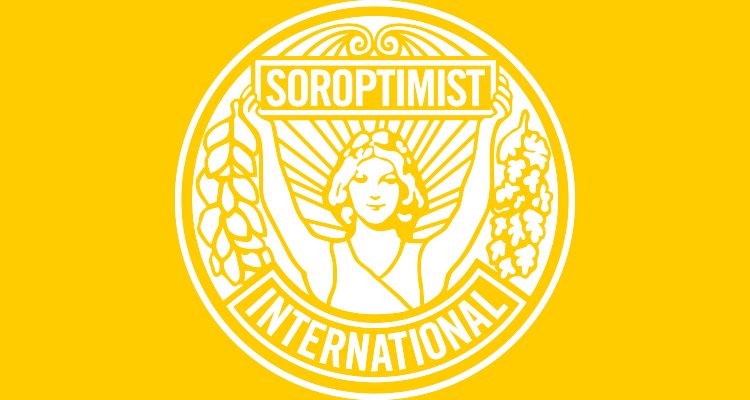Special Advisor to Advocacy Linda Witong reports.
“A new report by the United Nations High Commissioner for Human Rights [1] reveals how the current multifaceted COVID-19 crisis has both exposed and amplified the strong human rights inequalities that have existed between women or girls and race, age, ethnicity, socioeconomic status, education and health outcomes; all of which persist to this day and continue to negatively affect women and girls throughout their lives.
According to the report, the pandemic has had a disproportionate impact on women and girls. To begin with, women are overrepresented in the sectors most affected by the crisis, namely the care, retail sales and hospitality and tourism sectors. Globally, women are also exposed to a greater risk of contracting the virus as 88 per cent of personal care workers and 69 per cent of health professionals are female.
According to the report, given the preponderance of women in the informal sector – of which the garment sector is a major component, especially in South and Southeast Asia – employment insecurity, wage disparities and a lack of social security have also taken their toll on the livelihoods of women during the pandemic. As women often have fewer savings to draw upon when the need arises, further exacerbating the situation, they are now more likely to be part of the 88 million to 115 million people in the world who are forced into extreme poverty by the pandemic or among the 690 million people who are undernourished. They may also now be part of the 1.8 billion who are homeless, or the 3 billion people who have inadequate access to water and soap by which to combat the pandemic. Moreover, if they are Latinos, black or indigenous persons, they are roughly three times more likely than white people to die of COVID-19 and at a younger age. The crisis has also exacerbated a pre-existing lack of access to health and reproductive services, including pre- and postnatal care services, as well as access to contraceptives, as health systems have redirected resources to deal with the outbreak of COVID-19, deeming sexual and reproductive health services “not essential”.
The pandemic’s disruption of education and health services, and increasing numbers of gender-based violence, which the UN Secretary General refers to as a “horrifying global surge,” [2] continue to undermine the human rights and dignity of millions of women and girls around the world. In addition, many allegations of rape and sexual harassment by security forces have been reported during the pandemic, while access to justice for victims of domestic and sexual violence remains a challenge in a number of countries. Survivors of such violence also often had no access to justice, proper psychosocial support, safe shelters or sexual and reproductive health services. COVID-19 has also disrupted efforts to end child marriage; projections have indicated a potential increase in 13 million additional child marriages between 2020 and 2030.
The response to the pandemic has also at times failed to take adequately into account the right to life of older women. Lockdown measures and restrictions on the free movement of persons have increased the risk of isolating older women and women with disabilities, with consequences for their mental health and physical well-being. According to the report, the hard reality of the current health crisis has laid bare critical gaps in human rights protection for older persons, such as their lack of social protection, access to health services, autonomy and participation in decision-making, as well as freedom from violence, neglect and abuse.
Soroptimists have joined other Non Governmental Organisations in being historically integral to driving progress and innovation for gender equality and women’s empowerment in the political, social and economic spheres. By advancing their human rights, the rule of law and sustainable development – they are currently at the forefront of efforts to tackle global challenges such as the continuing human rights violations, which face women and girls on a daily basis, the pandemic, the climate crisis, implementing the United Nations’ Sustainable Development Goals (SDGs), and promoting transparent governance.
However, closing space for civil society has reduced the chances that these challenges will be effectively addressed and the growing constraints on the operation of civil society organisations around the world may very well result in adverse consequences including declining societal trust, increasing corruption and socio-political and economic stability.”
[1] Impact of the coronavirus disease (COVID-19) pandemic on the enjoyment of human rights around the world, including good practices and areas of concern – Report of the United Nations High Commissioner for Human Rights (A/HRC/46/19) January 18, 2021 posted February 4, 2021
[2] UN chief calls for domestic violence ‘ceasefire’ amid ‘horrifying global surge’”, UN News, 6 April 2020.

